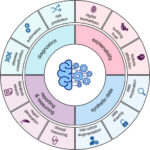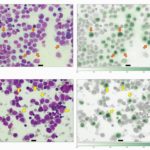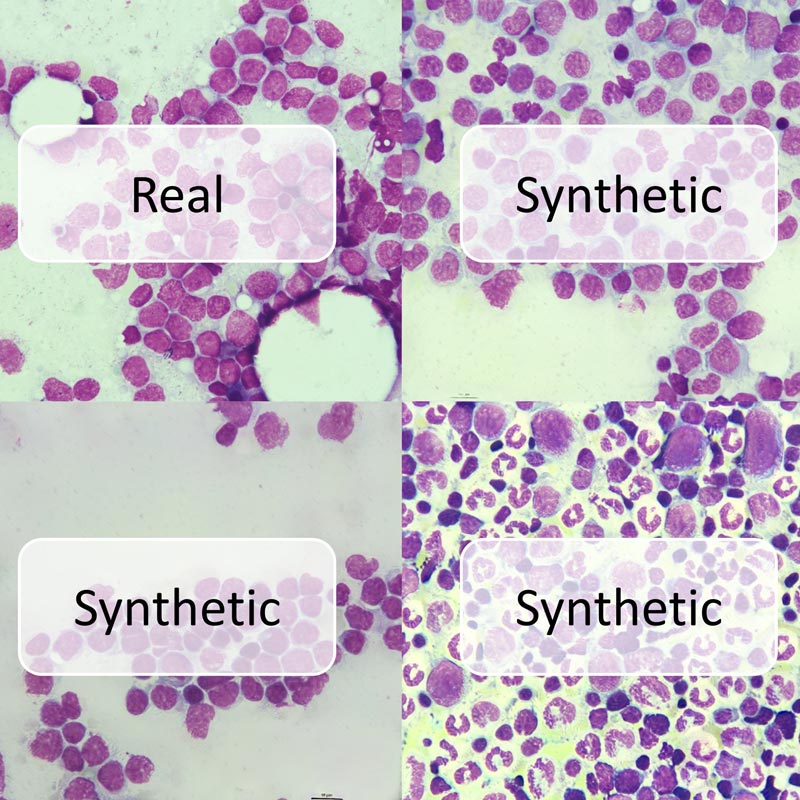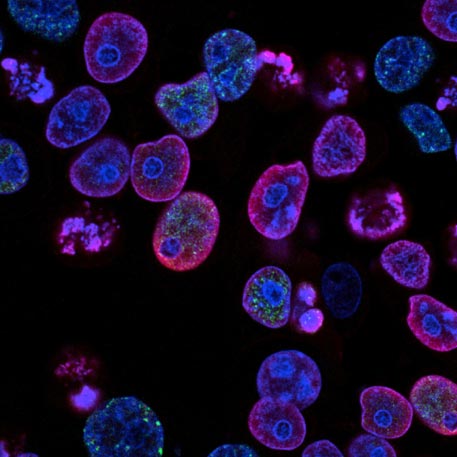When it comes to artificial intelligence in medicine, supervised and unsupervised learning get most of the attention. They are used, for example, to detect cancer in medical images, group patients into risk clusters based on genomics or predict patient outcomes. However, the dynamic situation both the individual patient and the clinician find themselves in during oncologic treatment is not well captured by both supervised and unsupervised learning.
With respect to dynamic and personalized medical decision-making tools, reinforcement learning holds the potential to revolutionize patient management. Nevertheless, reinforcement learning in oncology comes with a variety of challenges in modeling complex medical use-cases, explainability and interpretability, study design and ethics.
If you are interested in how reinforcement learning can change precision oncology and what hurdles future research has to overcome, check out our latest review in Cancers under the link below.

Citation: Eckardt JN, Wendt K, Bornhäuser M, Middeke JM. Reinforcement Learning for Precision Oncology. Cancers (Basel). 2021;13(18):4624. Published 2021 Sep 15. doi:10.3390/cancers13184624







